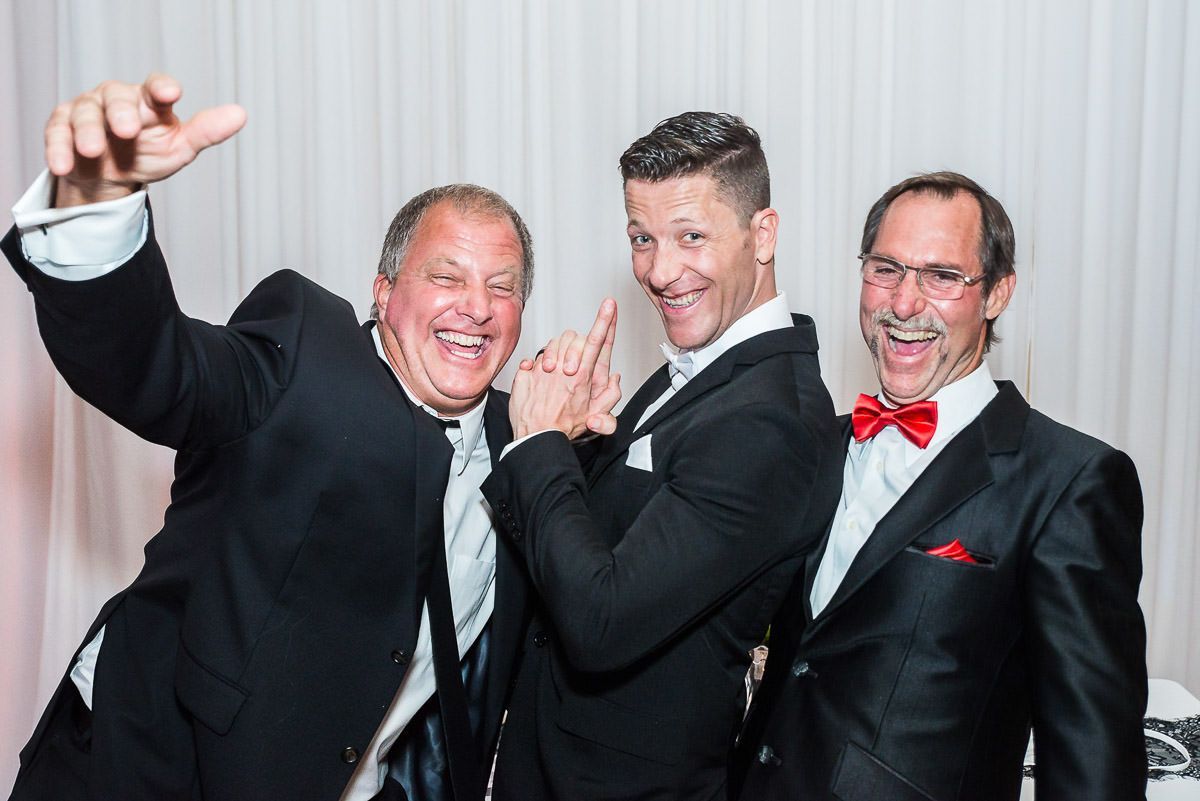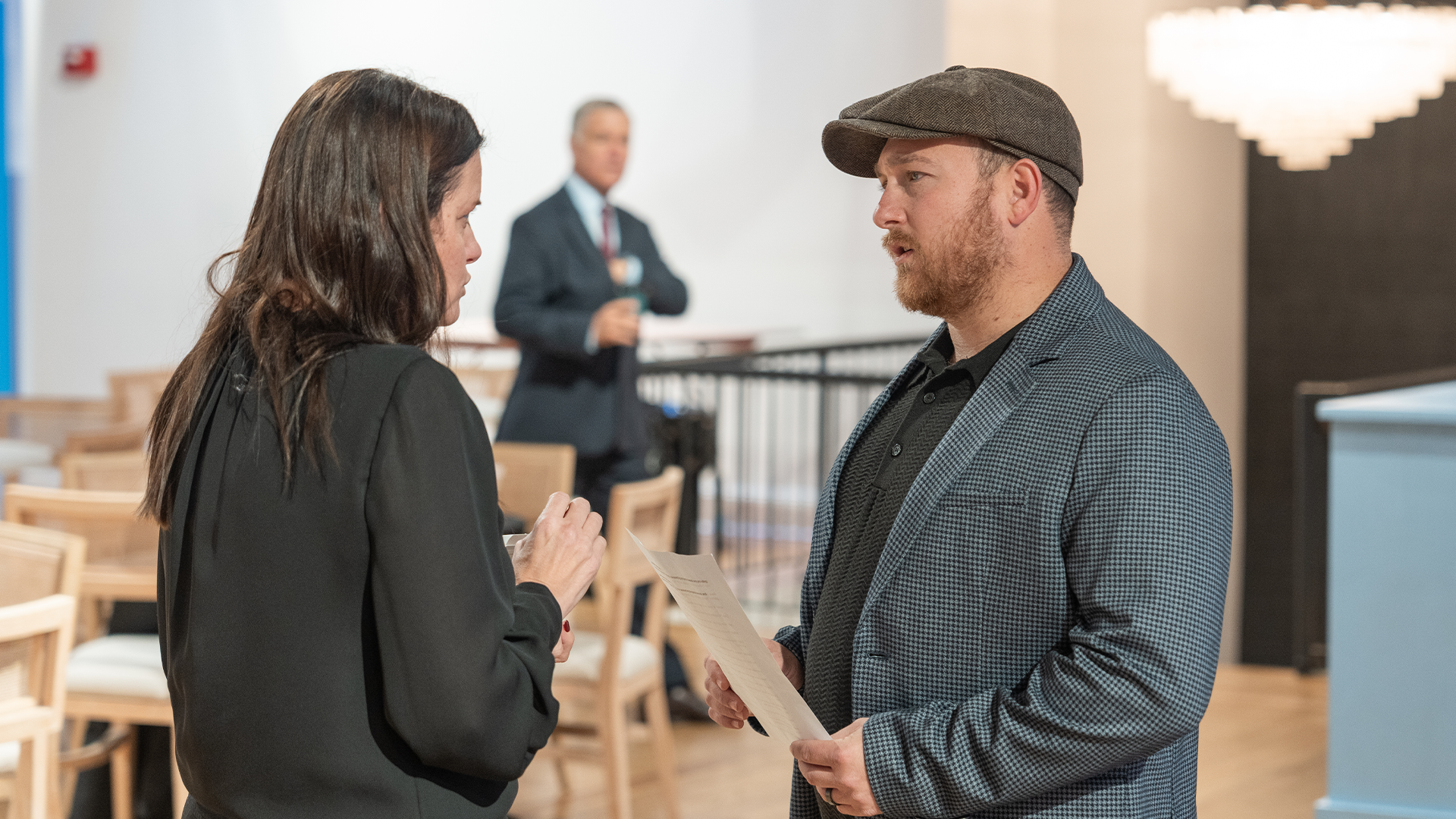What Is a Project Manager? How They Add to Your Event
In the world of corporate event production, the success of an event often comes down to one thing: organization. Behind every seamless conference, gala, fundraiser, or product launch is someone quietly orchestrating the moving parts—your project manager. For event planners and corporate teams, understanding the role of a project manager is essential to appreciating how complex events come together and why their involvement can be the difference between a stressful day and a flawless experience.
Why Events Need a Project Manager
Large-scale events are inherently complex. You’re not just coordinating decor and entertainment; you’re dealing with timelines, technical crews, deliveries, catering, staging, and venue logistics. For multi-day conferences or high-profile celebrations, those moving pieces multiply quickly. That’s when a project manager becomes invaluable.
Project managers serve as the central point of communication between the client and the production teams. They ensure that expectations are met, timelines are followed, and challenges are resolved before they ever reach the client’s attention. Simply put, they’re the glue that holds everything together.
What a Project Manager Actually Does
A skilled project manager doesn’t just oversee logistics—they create the blueprint for success. The work for a project manager begins long before the date of your event. Some of the responsibilities they take on include:
Building Timelines
From truck arrival and setup to run-of-show and breakdown, your project manager outlines every moment of the event schedule.
Conducting Site Visits
From taking measurements and reviewing room layouts to understanding venue rules and scope of work, project managers gather critical details to prevent surprises.
Organizing Pre-Event Meetings
They facilitate discussions with both the client and production staff to ensure everyone is aligned before the event.
Coordinating Staff
For longer events, they’ll assign staff shifts, plan breaks, and make sure meals are accounted for.
Drafting Floor Plans
When layouts are required, project managers map out the event space to maximize flow and functionality.
Quality Control
Acting as your on-site quality assurance expert, they watch every detail closely to ensure nothing is overlooked.
Managing Communication: Whether it’s pre-event meetings, site visits, or day-of coordination, the project manager is there at every step, keeping all parties aligned.
Handling Details & Digital Content
From organizing content for video screens to overseeing deliveries and vendor schedules, they make sure nothing slips through the cracks.
The Unofficial Role: Stress Relief
Beyond logistics, project managers serve a less official—but equally important—role: peace of mind. For clients, especially those unfamiliar with large-scale productions, a project manager becomes a calming presence. They’re the person who checks in before the event begins, reassures you that everything is on track, and offers solutions if challenges arise, even if there's an issue with part of the event they have no involvement in.
Great project managers see themselves not just as organizers but as problem-solvers, or more-so, problem-preventers. There are no problems, only solutions, and that mindset allows clients to enjoy their event rather than stress over it. They'll also be the first person to check in and make sure you and your guests are happy with everything. In short, they’re your built-in destresser, ensuring that the only thing you have to focus on is your guests and your goals.
Our Philosophy on Project Management
We believe project management is not a luxury—it’s essential. Every one of our events is assigned a dedicated lead whose sole focus is to guarantee that our clients receive the highest level of care and attention. By embedding project managers into our process, we ensure seamless execution, client satisfaction, and events that feel effortless from start to finish.
When you trust NEC with your corporate event production, you’re not just hiring a team—you’re gaining a partner who values communication, detail, and client experience above all else.










